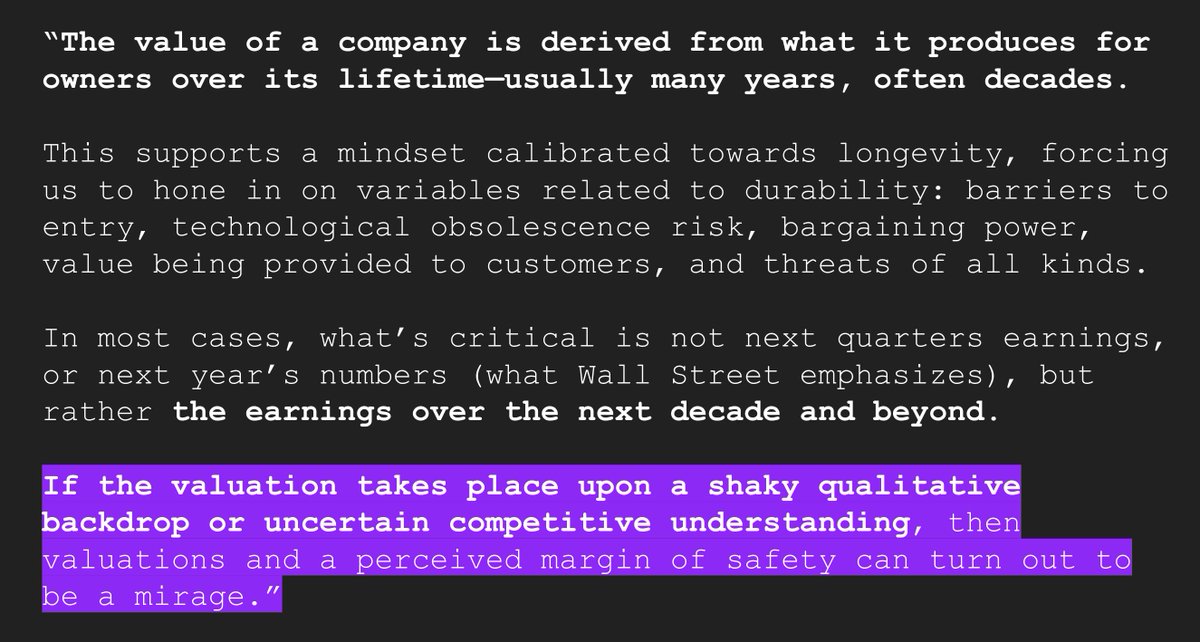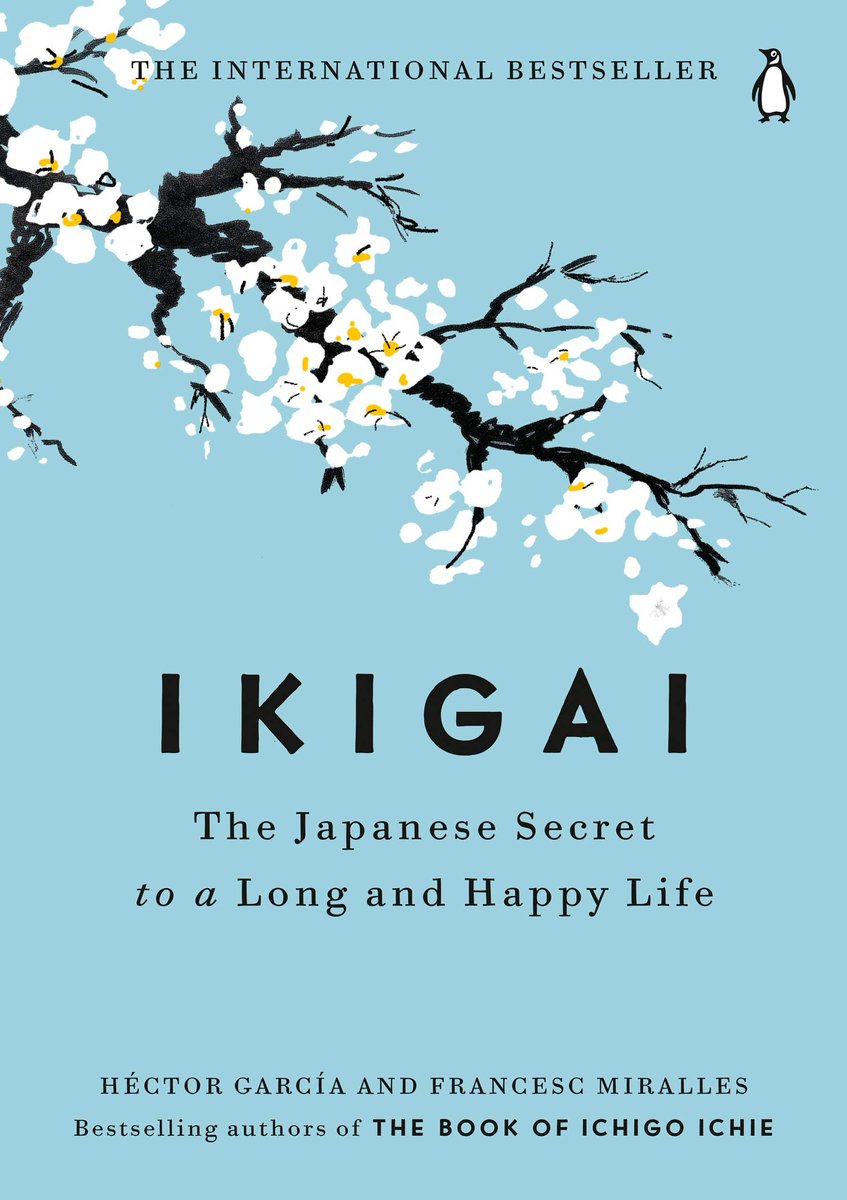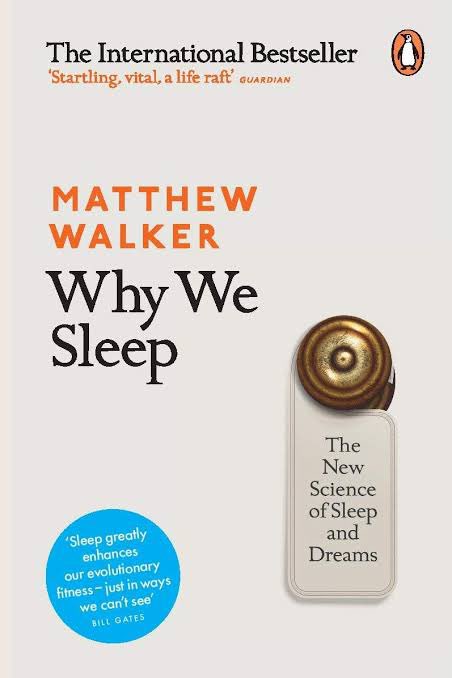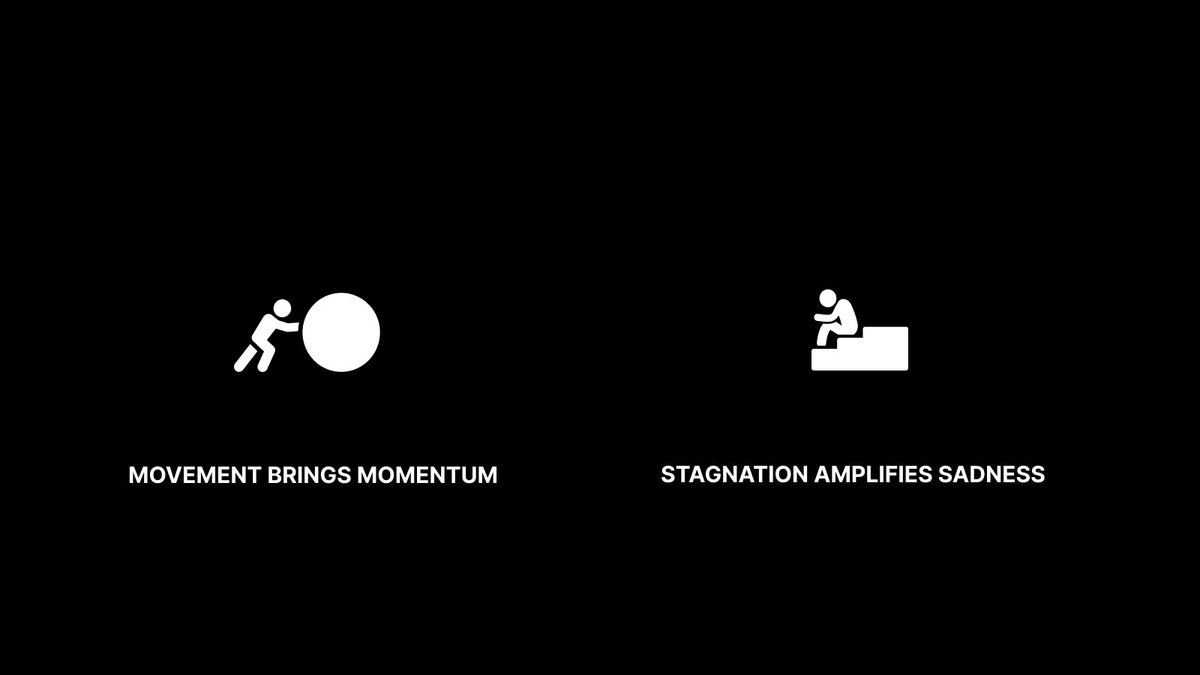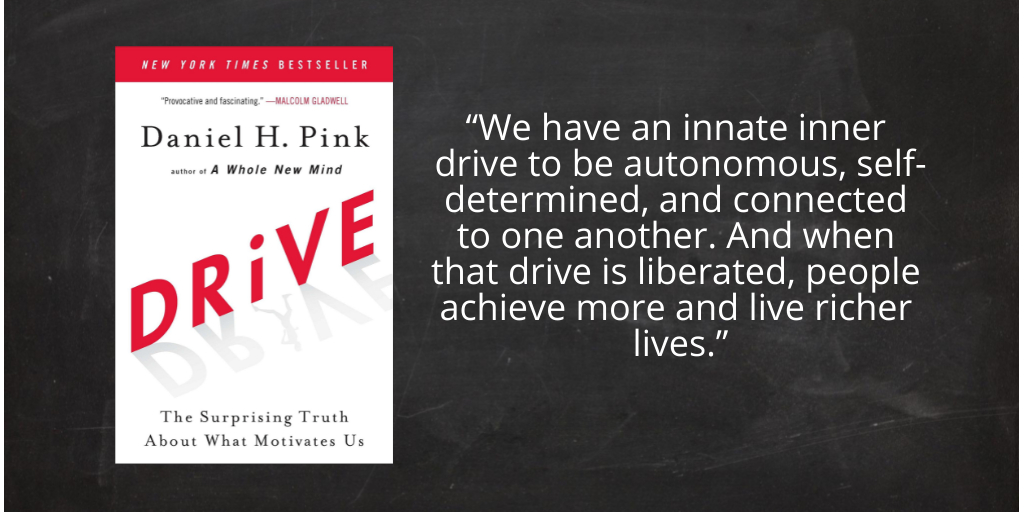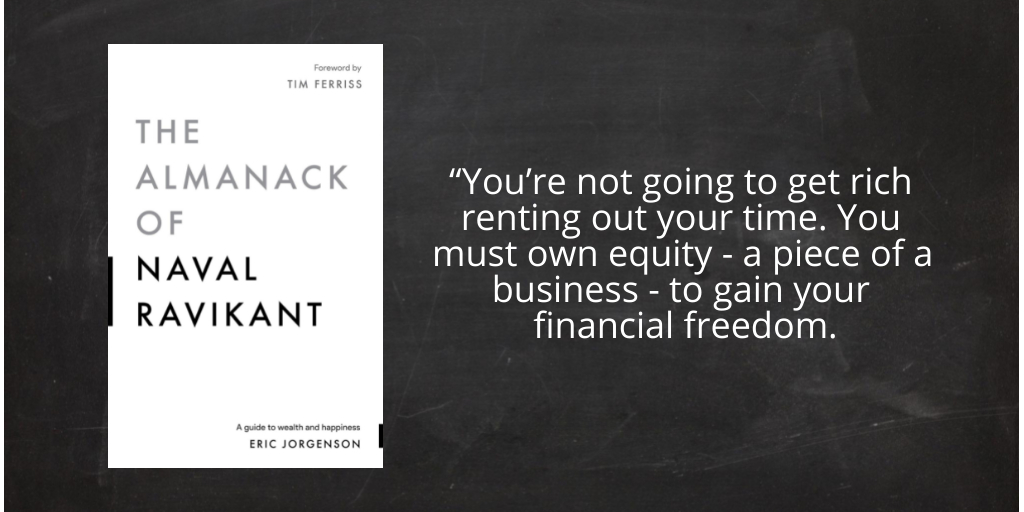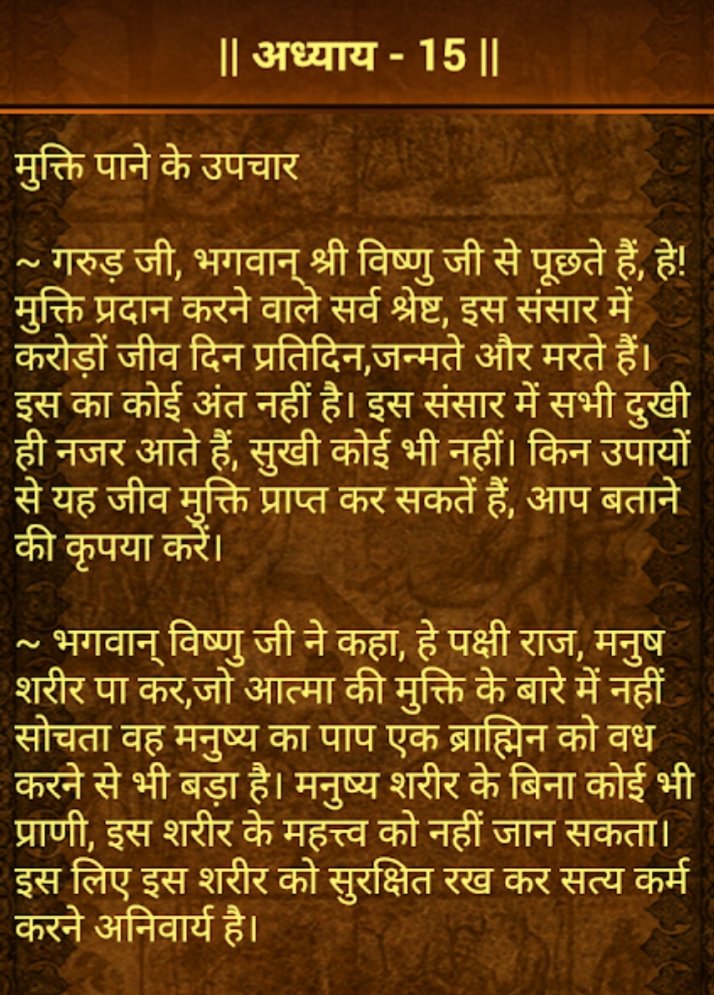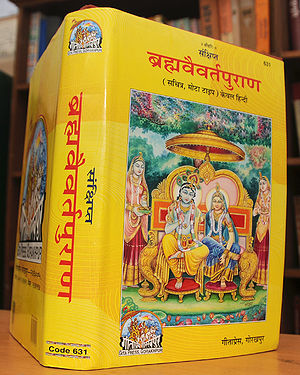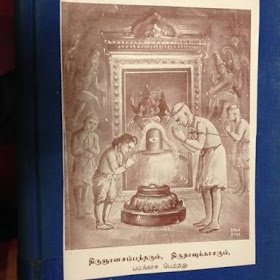Negative emotions of seeing your stocks drop > Positive emotion from seeing your stocks rise.
2 weeks ago, I started reading "Fooled by Randomness" by Nassim Taleb.
WOW, It's been mindblowing!
Thanks to @dvassallo 's recommendation.
Inside, there's a part he talks about how to deal with volatility.
Here’s 6 big lessons that are useful in the current market crash:
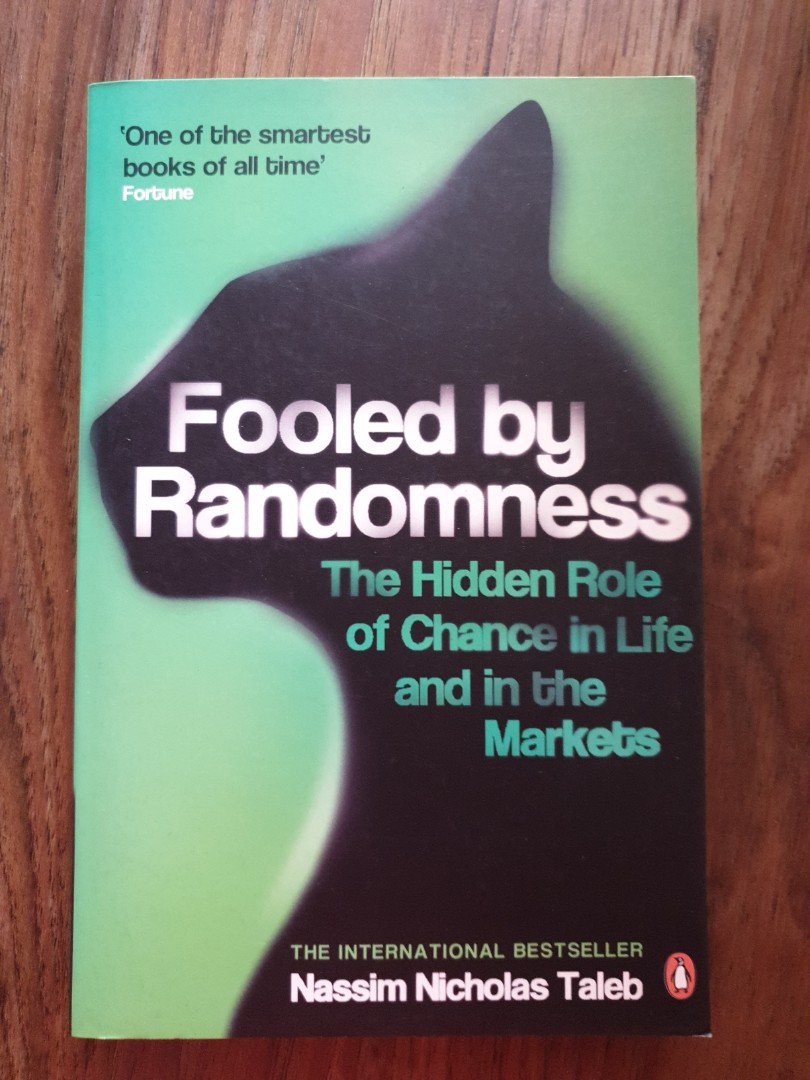
Negative emotions of seeing your stocks drop > Positive emotion from seeing your stocks rise.
Some psychologists estimate the negative effect for an average loss to be up to 2.5 the magnitude of a positive one)...
If the unpleasurable minute is worse in reverse pleasure than the pleasurable minute is in pleasure terms, then the dentist incurs a large deficit when examining his performance at a high frequency."
When we zoom out and check the prices less frequently, we are less affected by negative emotions.
Because over a longer time horizon, the market tends to rise more than it goes down.
As 67% of his months will be positive, he incurs only four pangs of pain per annum and eight uplifting experiences...
Now consider the dentist looking at his performance only every year.
Over the next 20 years that he is expected to live, he will experience 19 pleasant surprises for every unpleasant one!
The dentist did better when he dealt with monthly statements rather than more frequent ones.
Perhaps it would be even better for him if he limited himself to yearly statements."
When we look at something too closely, we tend to mix up the signal with all the noise.
We end up focusing on all the movements that may not carry much useful information at all!
In other words, one sees the variance, little else.
I always remind myself that what one observes is at best a combination of variance and returns, not just returns"
It’s hard to fight our human emotions of fear.
Instead, it’s wiser to just create an environment where we are not exposed to such noise that affect our decision making.
But I deal with it by having no access to information, except in rare circumstances.
Again, I prefer to read poetry. If an event is important enough, it will find its way to my ears...
Mostly that I am incapable of taming my emotions facing news and incapable of seeing a performance with a clear head.
Silence is far better."
Don't read the news.
It’s full of noise because of how much data it contains.
Instead, spend more time studying history as it’s more zoomed out.
This explains why I prefer not to read the newspaper (outside of the obituary), and why I never chitchat about markets."
The actions we take after seeing a loss is different from the actions we take after seeing a gain.
This could cause us to make sub optimal decisions
The degree of rationality in decisions made subsequent to a gain is extremely different from the one after a loss."
I share how I crossed 7 figures before age 30, and achieved my own version of financial freedom.
Stuff I tweet about:
• My investing strategy
• Books that inspire me
• How I built high income skills i.e. public speaking
More from Max Koh
I'm lucky to attain financial freedom before 30.
I credit Fintwit for my learnings.
Here's 10 key concepts every investor must know:
1. $$ needed to retire
2. Researching a business
3. Reading annual reports
4. Reading earnings calls
5. Criteria of a multi bagger
(Read on...)
6. Holding a multi bagger
7. Economic moats
8. When to buy a stock
9. Earnings vs cashflow
10. Traits of quality companies
Here's my 10 favourite threads on these concepts:
1. How much $$ do you need to retire
Before you start, you must know the end game.
To meet your retirement goals...
How much $$ do you need in your portfolio?
10-K Diver does a good job explaining what's a safe withdrawl rate.
Hint: It's NOT
2. Research a business
Your investment returns are a lagging indicator.
Instead, your research skills are the leading predictor of your results.
Conclusion?
To be a good investor, you must be a great business researcher.
Start with
3. Reading annual reports
This is the bread and butter of a good business analyst.
You cannot just listen to opinions from others.
You must learn to deep dive a business and make your own judgments.
Start with the 10k.
Ming Zhao explains it
I credit Fintwit for my learnings.
Here's 10 key concepts every investor must know:
1. $$ needed to retire
2. Researching a business
3. Reading annual reports
4. Reading earnings calls
5. Criteria of a multi bagger
(Read on...)
6. Holding a multi bagger
7. Economic moats
8. When to buy a stock
9. Earnings vs cashflow
10. Traits of quality companies
Here's my 10 favourite threads on these concepts:
1. How much $$ do you need to retire
Before you start, you must know the end game.
To meet your retirement goals...
How much $$ do you need in your portfolio?
10-K Diver does a good job explaining what's a safe withdrawl rate.
Hint: It's NOT
1/
— 10-K Diver (@10kdiver) July 25, 2020
Get a cup of coffee.
In this thread, I'll help you work out how much money you need to retire.
2. Research a business
Your investment returns are a lagging indicator.
Instead, your research skills are the leading predictor of your results.
Conclusion?
To be a good investor, you must be a great business researcher.
Start with
1/ Thoughts on Research Process
— Mostly Borrowed Ideas (@borrowed_ideas) September 27, 2021
I was invited to present my research process at a college in the US. I am sharing all ten slides here. pic.twitter.com/z0tjZcogfH
3. Reading annual reports
This is the bread and butter of a good business analyst.
You cannot just listen to opinions from others.
You must learn to deep dive a business and make your own judgments.
Start with the 10k.
Ming Zhao explains it
\U0001f9d0How to Read 10Ks Like a Hedge Fund\U0001f9d0
— Ming Zhao (@FabiusMercurius) May 7, 2021
\u201cFundamentals don\u2019t matter anymore!\u201d I\u2019ve heard this a lot lately on Fintwit.\U0001f644
But, for those who\u2019ve diversify beyond $GME and $DOGE, here\u2019s a primer on what metrics fundamental buy-side PMs look at and why:
(real examples outlined)
\U0001f447 pic.twitter.com/tLlNRvpnDK



